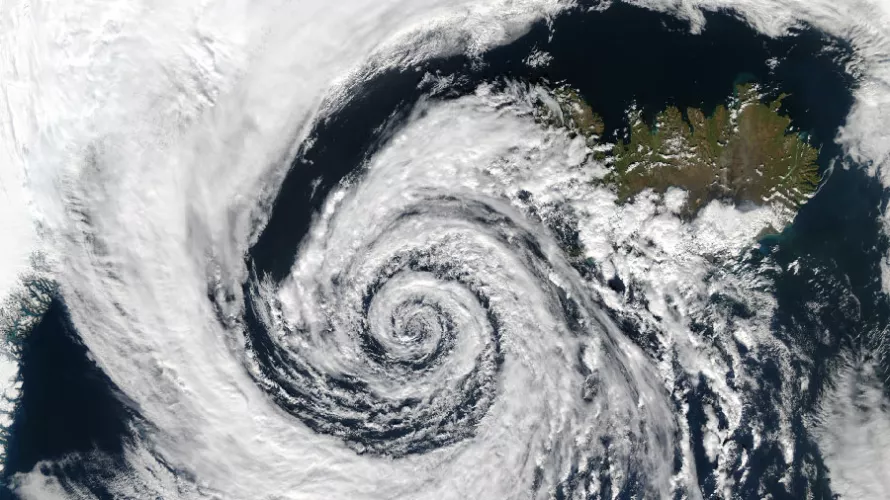
© Jacques Descloitres, MODIS Rapid Response Team, NASA/GSFC

© Jacques Descloitres, MODIS Rapid Response Team, NASA/GSFC
We are facing two major climate challenges. First, to avoid the unmanageable impacts of climate change, through climate action. Secondly, to cope with unavoidable impacts of climate change, through adaptation. Germanwatch is working on equitable and efficient solutions to both.
After the EU election in June 2024, the new Commission will hold the power to demonstrate global climate leadership and reshape its partnership offer. Given the strong historical ties and growing economic relations between Africa and Europe, partnerships with the African continent must remain a focus of the EU. Our policy brief provides five recommendations for reshaping the EU’s partnership offer on energy co-operation.
The German government has recently launched its Climate Foreign Policy Strategy. In this context, several questions arise from the Latin American perspective. Our policy brief reflects the results of a round-table with Civil Society Organisations from Latin America.
The current geopolitical context is pushing the Weimar Triangle of France, Germany, and Poland to prioritise defence and security. NGOs, think tanks, and businesses argue that a ‘Green Weimar Triangle’ could not only safeguard achieving the EU climate goals but also address critical issues of economic competitiveness and cohesion.
The EU’s ability to enact ambitious climate policies relies on effective leadership and demonstrated commitment from influential Member States. Representatives from leading think tanks, environmental NGOs, businesses, and scientific institutions in France, Germany, and Poland, are calling for the establishment of a 'Green Weimar Triangle' to renew trilateral climate dialogue among the three countries.
The first Africa Climate Summit in September 2023 marked a milestone in global climate politics. African countries made clear that they want to actively shape the global climate debate to seize the opportunities of the green transformation and shake the perception of being mere victims of the climate crisis. In this briefing, we highlight the three main topics of the Summit – finance, renewable energy, and resilience – and offer recommendations for German climate foreign policy with regard to African countries in 2024 as the German government is revising its Africa Policy Guidelines.
Today, Germanwatch, NewClimate Institute, and CAN International published the Climate Change Performance Index (CCPI) 2024. It monitors the climate mitigation progress of 63 countries and the European Union, together responsible for more than 90% of global emissions. In recent years, governments around the world have increasingly placed climate action on their agenda, and renewable energy is booming in many countries. However, this still is not enough. The race against time continues: global emissions must nearly halve by 2030, and reducing the use of fossil fuels should account for most of that.
We take a look at the geopolitical situation providing the frame for the UN climate talks COP28 in Dubai and identify the most important topics for the negotiations. We also outline what we expect COP28 to deliver, in terms of decisions that mitigate climate change, build resilience and provide finance for the people who need it.
